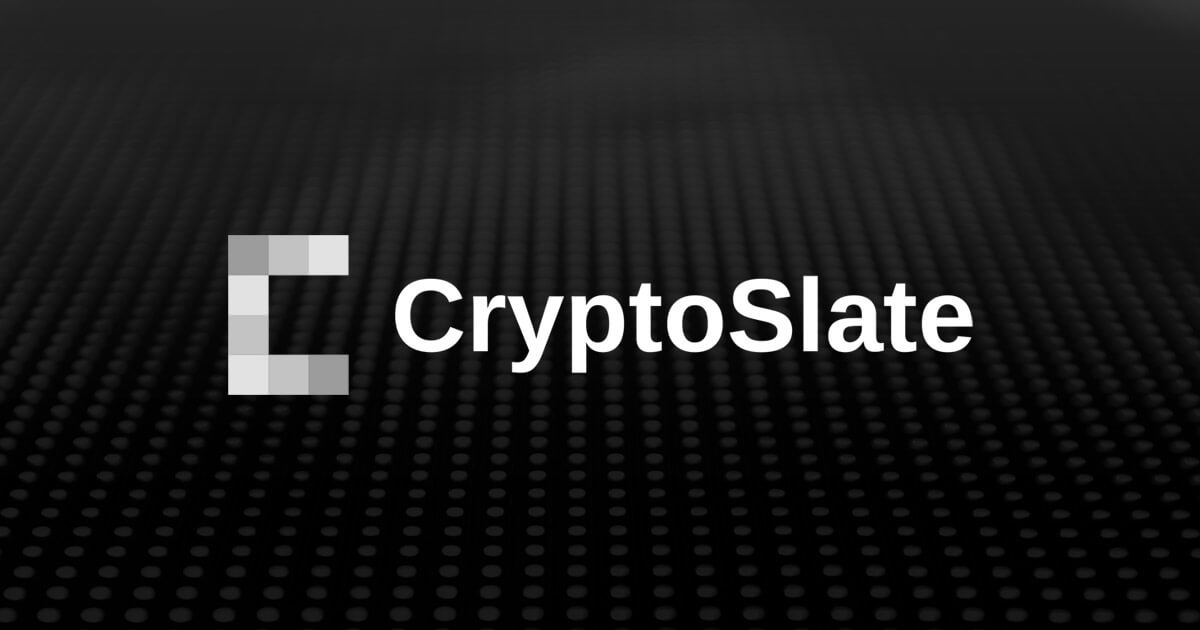The Solana Policy Institute (SPI) has pledged $500,000 to the legal defense of Tornado Cash developers Roman Storm and Alexey Pertsev, according to an Aug. 28 statement.
Storm and Pertsev helped create Tornado Cash, an Ethereum-based privacy protocol that allows crypto transactions to be mixed and anonymized. After deployment, the developers relinquished control of the smart contracts, leaving the system to run without centralized oversight.
Developers held liable
Courts in the Netherlands and the US have held the developers liable for malicious actors’ use of the platform for their illicit activities.
Pertsev was convicted of money laundering in 2024, while Storm was found guilty earlier this month of conspiring to operate an unlicensed money-transmitting business.
These convictions have elicited strong responses from the crypto community, which argues that the Tornado Cash developers’ conviction misinterprets how blockchain protocols function.
Industry experts argue that developers cannot monitor or restrict usage of their protocols once the open-source code is published and immutable.
Notably, the SPI echoed this view, warning that holding coders responsible for third-party activity establishes a precedent that threatens innovation across the entire software industry.
Kristin Smith, the President of the Solana Policy Institute, said:
“Privacy is normal. Code is speech. And at Solana Institute, we’ll continue to defend the rights of software developers everywhere.”
Solana welcomes ‘Tornado Cash-like’ protocol
The SPI donation comes as Solana welcomes the launch of a Tornado Cash–style platform on its network.
On Aug. 27, Privacy Cash went live on the network, offering users a way to transfer digital assets into new wallets without linking prior addresses or transaction histories.
Mert Mumtaz, CEO of Helius Labs, said the tool’s design mirrors Tornado Cash’s but benefits from Solana’s performance and integrated block explorers.
According to him, combining the protocol with Solana’s infrastructure—and even bridging to privacy-focused assets like Zcash—gives users a pathway to near-total anonymity.


